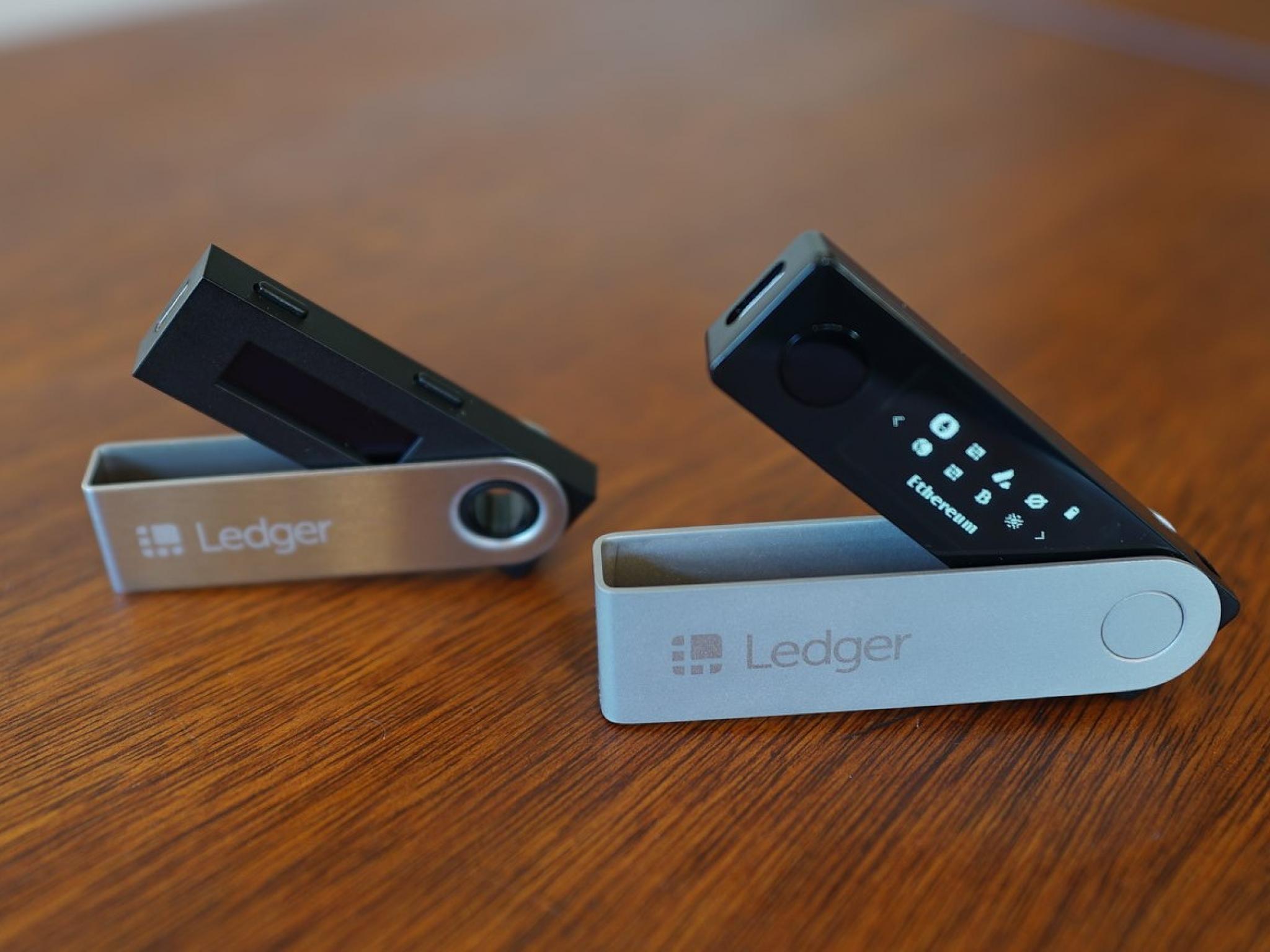
Non-fungible tokens (NFTs) saw significant growth since they were first introduced by Ethereum (CRYPTO: ETH) developers and with their adoption and value rapidly growing companies are finally starting to develop safe and convenient ways to manage them.
What Happened: The world's leading hardware wallet producer Ledger announced the Ledger Nano S Plus: a hardware wallet especially developed for the storage and management of NFTs, according to a Tuesday Cointelegraph report. The device is an updated version of the Ledger Nano S, first launched in 2016, and aims to interact with the Web 3.0 services that underpin the NFT experience.
See Also: BEST CRYPTOCURRENCY HARDWARE WALLETS
Ledger's chief experience officer Ian Rogers said that — while the hardware wallets previously released by the company already supported NFTs through third-party software — the new software developed by the company allows for native NFT support inside the Ledger Live app. The Ledger Nano S Plus was previously released in a limited edition in early March, when only 10,000 devices were sold during a pre-order.
Hardware wallets, such as the ones sold by this French company, are far more secure than storing digital assets on a cryptocurrency exchange or a software wallet. The reason is that those wallets are separate specialized devices that are kept offline that store the encrypted private key, making it significantly harder for a bad actor to obtain the crucial data.
Storing cryptocurrency on crypto exchanges is not a good solution for the long term because — while their security is much higher than what you can achieve on your home computer, with dedicated cybersecurity experts working at those companies to ensure that funds are not stolen — they serve as a single point of failure.
It is significantly harder to hack the average cryptocurrency exchange than to breach the mobile device or computer of the average crypto user, but since exchanges hold the funds of many millions of users, they often become prime targets for hackers. Exchange security is significantly better than what it was years ago, but hacks will still happen, just less often.
Software non-custodial wallets — whether they are on a mobile device or a computer — are also significantly riskier than a hardware wallet because they are located on a device that is connected to the internet and runs an ever-changing wide variety of software. This results in a lot of attack vectors that bad actors attempt to exploit to get their hands on the user's private keys and steal their digital assets.
Custodial wallets which do not allow the users to manage their private key directly also have a centralized point of failure much like crypto exchanges since a third party manages the private keys of all the users.
Photo: Courtesy of BestCryptoCodes on Flickr







